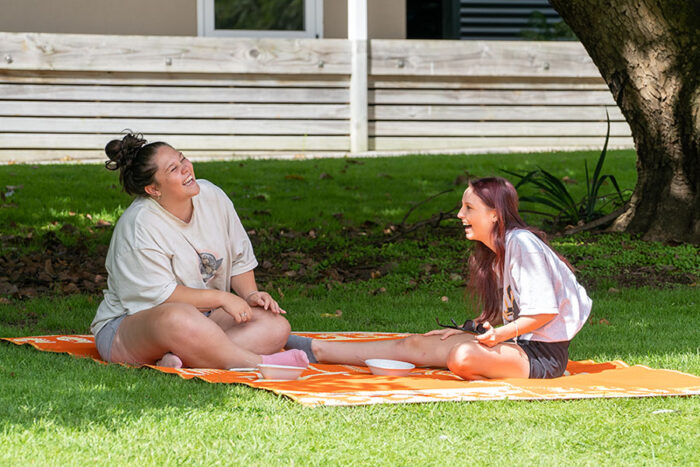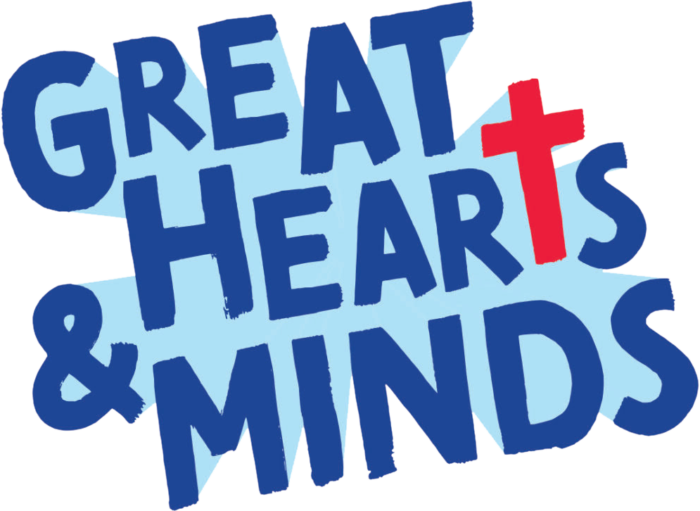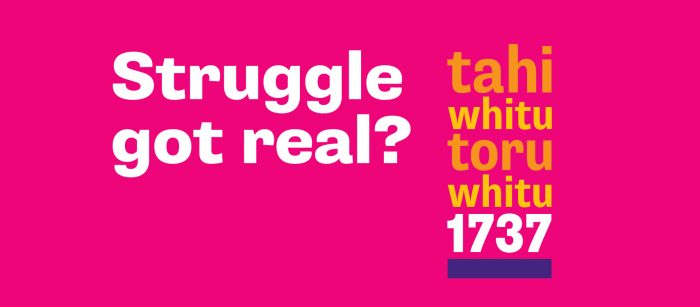Student Wellbeing
Menu
Home / Student Life / Other / Student Wellbeing
Supporting our students’ wellbeing is at the heart of what we do at BTI – growing great hearts as well as great minds.
We’re committed to providing a safe and healthy environment for our students, staff, and visitors to learn and work in.

BTI Student Wellbeing Plan
BTI is dedicated to creating an environment that is student centred and addresses the economic, social and wellbeing goals, and the development aspirations of diverse learner groups. We focus on listening to our students and making changes based on their feedback to adapt our teaching, learning and support services to empower students at different ages and stages. BTI has made changes that enhance student voice and participation in student governance and management decision-making.
As part of our commitment to building a student centred educational experience for our students, BTI has worked hard to strengthen existing, and develop new, connections and authentic partnerships with students, whānau and diverse learner groups.
What is wellbeing?
Wellbeing means we have the tools, support and environments we need to be who we are and to build and sustain lives worth living.
Do you know a BTI student suffering? Can we help?

Hardship: any suffering, deprivation or financial challenge that is affecting a learner’s ability to access and continue with their study.
Great hearts and minds
We encourage and support students and staff to grow holistically and academically. This is part of our mission and values as an organisation. At the heart of BTI is our Christian worldview, and this means that our staff and students draw on Biblical sources, values and perspectives in every course. We also spend time developing habits and practices that will become patterns for life as a practitioner or leader.
Support for wellbeing of our students really matters, and we have set up specific cohort mentors and support staff for students to reach out to – see links below.
We also support BISA, the student association, whose representatives from each class/year group can support fellow students, represent their voices during decision-making, and facilitating practical activities to support health and wellbeing.
Who can I contact for help at BTI?
School of Teacher Education students, BTI has cohort mentors who can support you in your study and struggles.
These staff or kaiako make themselves available to students for extra support.
| Early Childhood Teacher Education | |
|---|---|
| Auckland | Linda Stewart |
| Rest of NZ | Denice Morgan |
| Primary Teacher Education | |
|---|---|
| Onsite | Sue Baker |
| Northern Cohort | Naomi Jones |
| Southern Cohort | Bev Coombridge |
| Secondary School Education | |
|---|---|
| Year 1 | Daniela Brown |
| Year 1 | Mary Opie |
NZ Certificate in Study and Career Preparation students can contact the program leader.
| Certificate in Study and Employment Pathways |
|---|
| Kate Weir |
School of Social Practice students (counselling or social work students) contact Ngā Maunga Āwhina ngamaungaawhina@bti.ac.nz
| School of Social Practice |
|---|
| Ngā Maunga Āwhina |
Postgraduate Study students contact Ngā Maunga Āwhina ngamaungaawhina@bti.ac.nz
| Postgraduate Study |
|---|
| Ngā Maunga Āwhina |
Need to talk?
- Contact your pastor or BTI support staff.
- Free call or text 1737 to talk to a trained counsellor, anytime
More numbers
- Lifeline – 0800 543 354 for counselling and support
- Depression Helpline – 0800 111 757 for support from trained counsellors
- Youthline – 0800 37 66 33, free text 234 or email talk@youthline.co.nz for young people, and their parents, whānau and friends
- Samaritans – 0800 726 666 for confidential support to anyone who is lonely or in emotional distress 24 hours a day, 365 days a year
- Suicide Crisis Helpline – 0508 828 865 (0508 TAUTOKO) for people in distress, and people who are worried about someone else
- Alcohol Drug Helpline – 0800 787 797 or text 8681 for a free and confidential chat with a trained counsellor, 24 hours a day, 7 days a week
- Family Violence Information Line – 0800 456 450 for information as well as services in your own region. The phoneline operates 9am – 11pm every day of the year

Related websites
Depression and anxiety – Sadness, depression and anxiety affect us all differently. This website has resources that can help you get to a better place mentally.
There is also free online self-test tool
Te Rau Ora – focused on strengthening Māori health and wellbeing.
Le Va is a national Pasifika programme that offers a range of programmes and initiatives to support mental health and wellbeing.
The Lowdown is a website to help young New Zealanders recognise and understand depression or anxiety, which offers a free text service on 5626.
Youthline works with young people from all walks of life, from all cultures and with all sorts of things going on in their lives. This can be anything from just wanting to talk something through (big or small), to working face to face with a young person or even their whole family.
Netsafe has advice on how to stay safe online
Safe to talk provides contact with a trained sexual harm specialist at any time, day or night, seven days a week, and other services such as information about medical, emotional and behavioural issues related to harmful experiences.
Health and safety on campus
Our staff have a Health and Safety team who are here for everyone. They work across the organisation to ensure students and staff learn about safe work practices and understand what their roles and responsibilities are.
Report an accident, incident or risk
